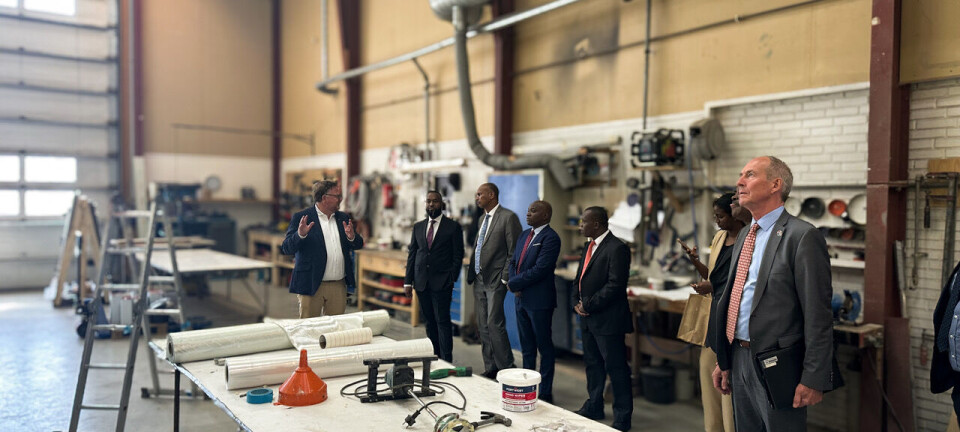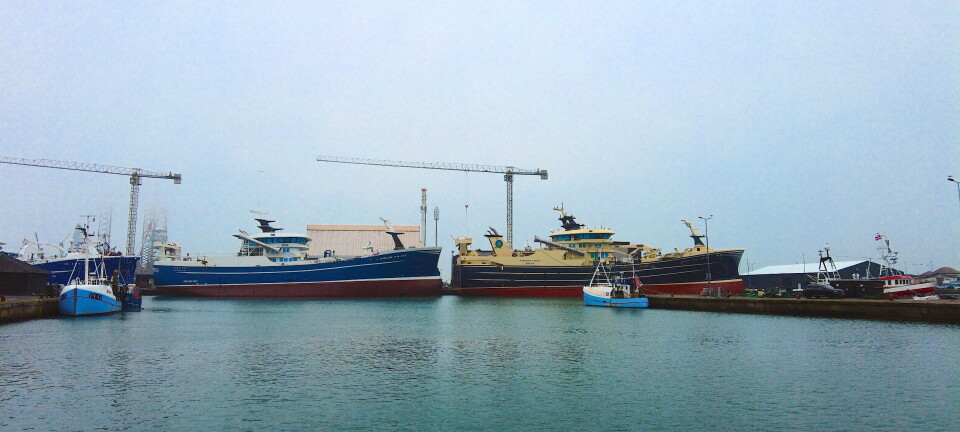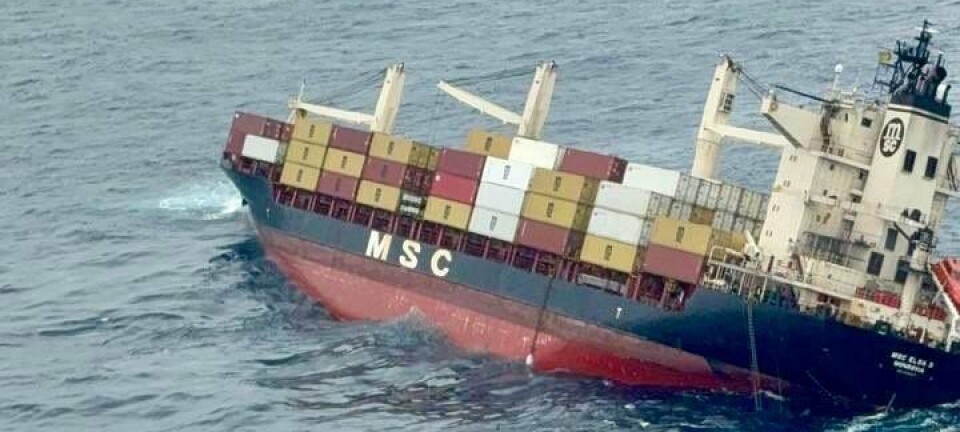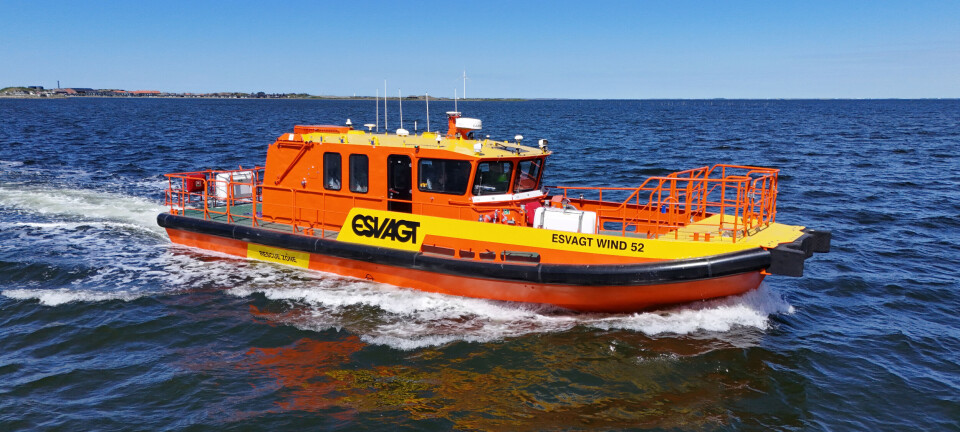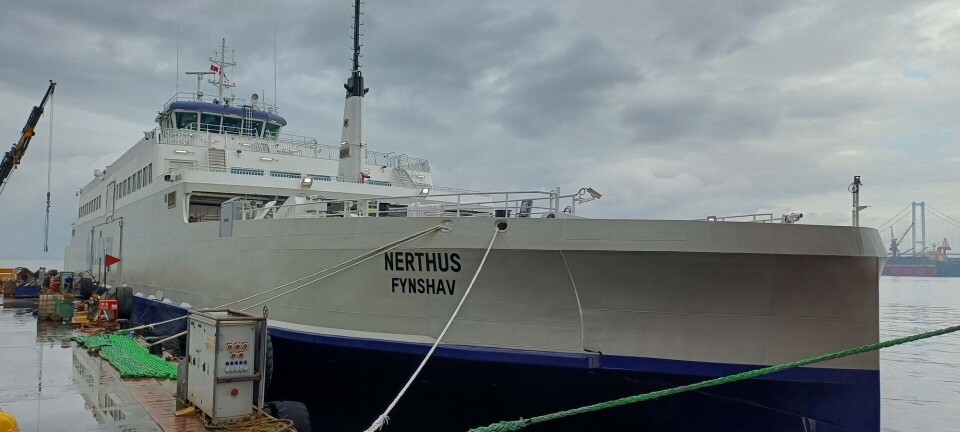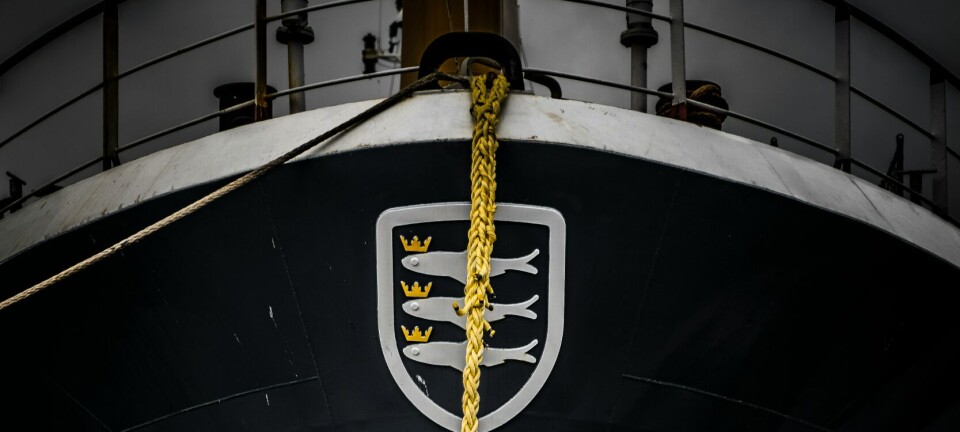NTSB finds speed was an issue in Houston ship channel collision
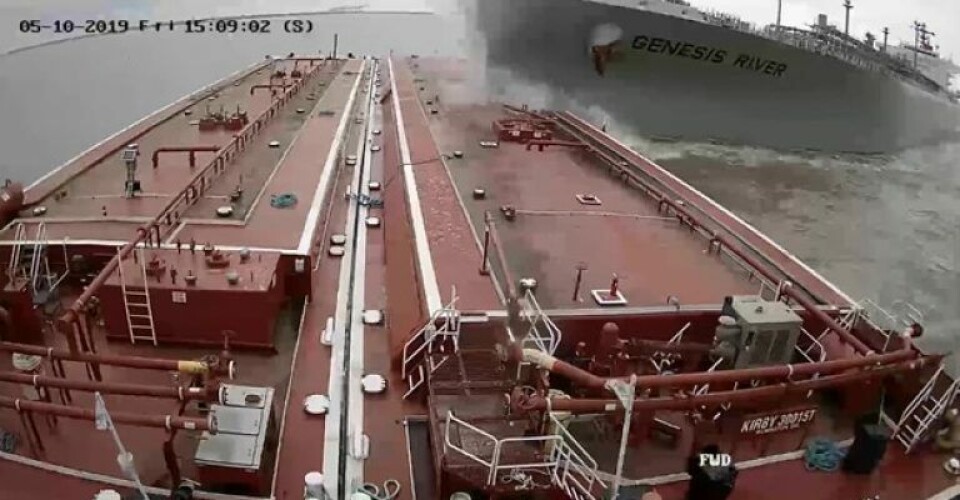
The federal safety board found that 11,000 barrels of petrochemicals spilled into Galveston Bay.
By Michael McGrady, Maritime Direct Americas & Pacific Correspondent
WASHINGTON — The National Transportation Safety Board (NTSB) found that various factors caused the collision between the LPG carrier Genesis River and a tank barge on the Lower Houston Ship Channel. Most importantly, sea speed was central.
“Operating at sea speed reduces the ability to maneuver out of a dangerous situation,” said Robert L. Sumwalt, the chair of the NTSB. “This is especially true in the Houston Ship Channel, a challenging waterway with a long history of accidents.”
According to the NTSB, the 754-foot-long Genesis River collided with a 30015T, a 297-foot-long tank barge on the House Ship Channel on May 10, 2019, in Texas’ Upper Galveston Bay. As a result of the collision, approximately 473,600 gallons of reformate spilled into the channel. The incident saw no injuries or other severe casualties.
Marine Accident Report 21/01 indicates that the pilot’s decision to transit the wide-beam and deep-draft vessel in navigation full at sea speed. This subjected the vessel to “greater hydrodynamic forces than had it been traveling at slower maneuvering speeds through the shallow and narrow lower House Ship Channel.”


